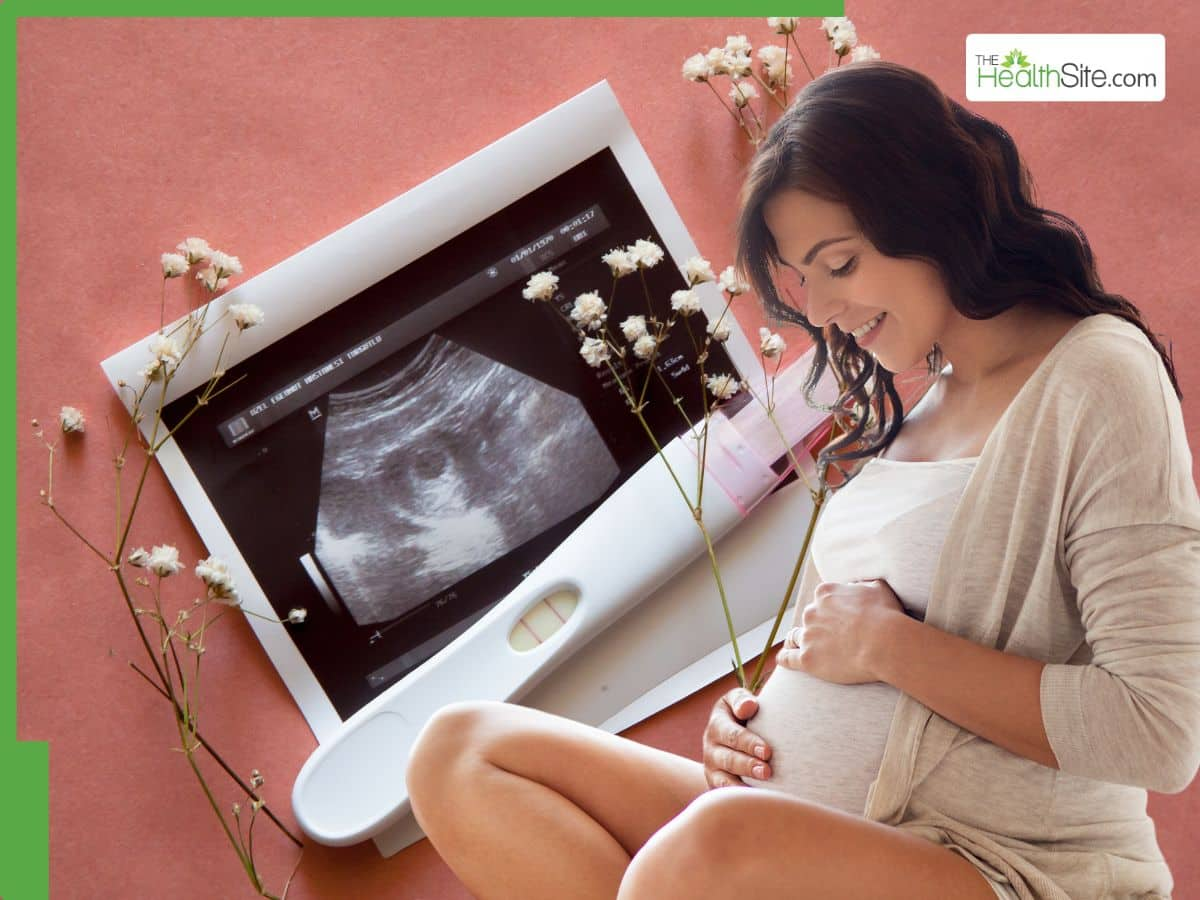Waking up drenched in sweat, having irregular periods and forgetting your friend’s name mid-conversation — sound familiar? For many millennials , these aren’t just signs of a hectic life, but the early symptoms of perimenopause . Perimenopause, the transition leading up to menopause, can start as early as the late 30s and last up to 10 years. Yet many people remain unaware they’re experiencing the symptoms, often attributing them to stress, a busy lifestyle or simply aging.
Millennials, born between 1981 and 1996, may not think they’re old enough for menopause symptoms, but many are already at an age where early signs of perimenopause can appear. “I call it ‘millenialpause,'” said Dr. Judith Joseph, a medical doctor and board-certified psychiatrist based in New York City, speaking to Global News ahead of World Menopause Day taking place on Friday.
Joseph, who is a millennial herself, explained this generation has much more information at their fingertips about perimenopause and menopause than those before them, leading to help destigmatize the topic and fostering open conversations. “We are the age of information, so we want to learn about things. We don’t trust people to rescue us,” she said.
“That’s why I think we’re set up for a better outcome than earlier generations because we just have so much information and we have a culture of curiosity.” Although she believes millennials will be more open to discussing the symptoms and impacts of perime.


















